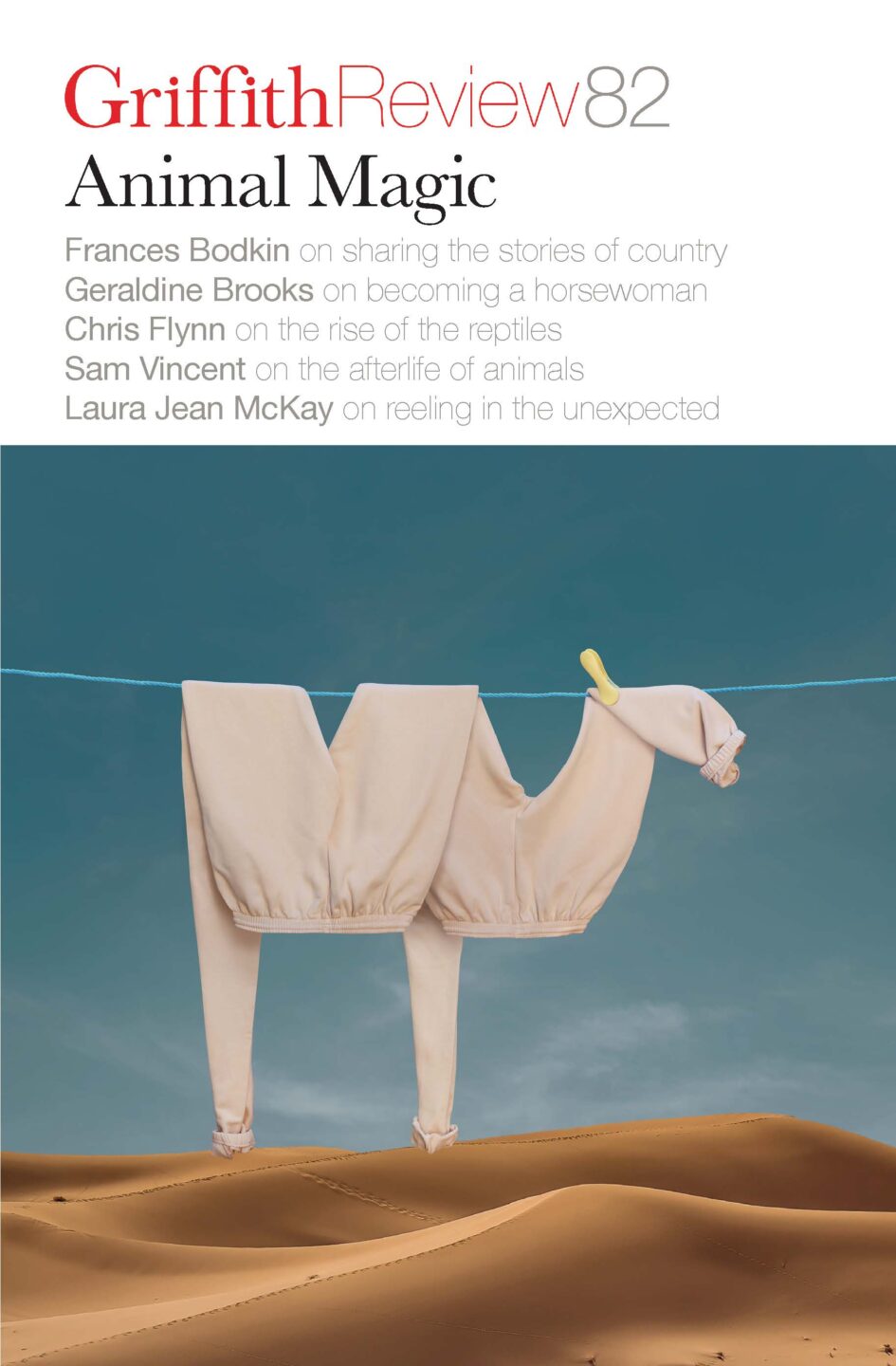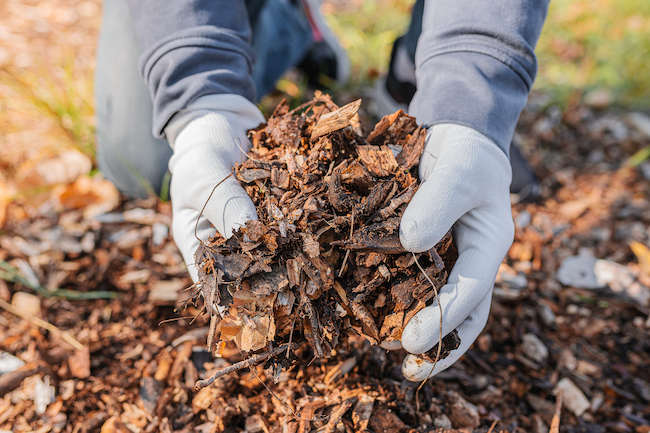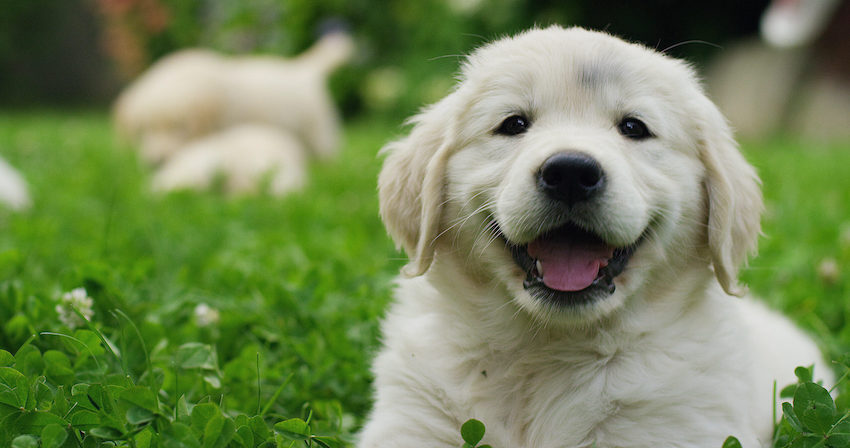Featured in

- Published 20231107
- ISBN: 978-1-922212-89-4
- Extent: 208pp
- Paperback, ePub, PDF, Kindle compatible


Already a subscriber? Sign in here
If you are an educator or student wishing to access content for study purposes please contact us at griffithreview@griffith.edu.au
Share article
More from author

Peasant dreaming
MemoirI’m currently doing a course on holistic farming near the southern New South Wales town of Braidwood. I had expected it to be full of ruddy-cheeked cattlemen in their forties and fifties; instead it is mostly people like me, tertiary-educated thirtysomethings who want to grow their own food to nourish their vocations. We are writers, a ceramicist and a filmmaker; a market gardener with a background in conservation; the manager of a local farmers’ market and her partner, who feeds his chooks on maggots from roadkill kangaroos.
More from this edition

Dog people
Non-fictionWe’re social animals, humans – from the wiring of our brains to the shape of our societies. If recent pandemic lockdowns taught us one thing, it’s that we need to be physically close to each other, to socialise not just as avatars or gigabits but as live, warm, fallible bodies. Our dogs knew this ages ago.

A perfectly ordinary dachshund observes the problem of being
Poetry Breathing your small inauspicious body almost into incomprehension, supine and crouched, lost to the world, or to that portion only dachshund speech describes, your propulsive unyielding deeds...

felix and jango
Poetry two black cats patrol our street felix and jango I can’t tell them apart when I see one of them walking past I say, ‘hey felix or jango’ they...